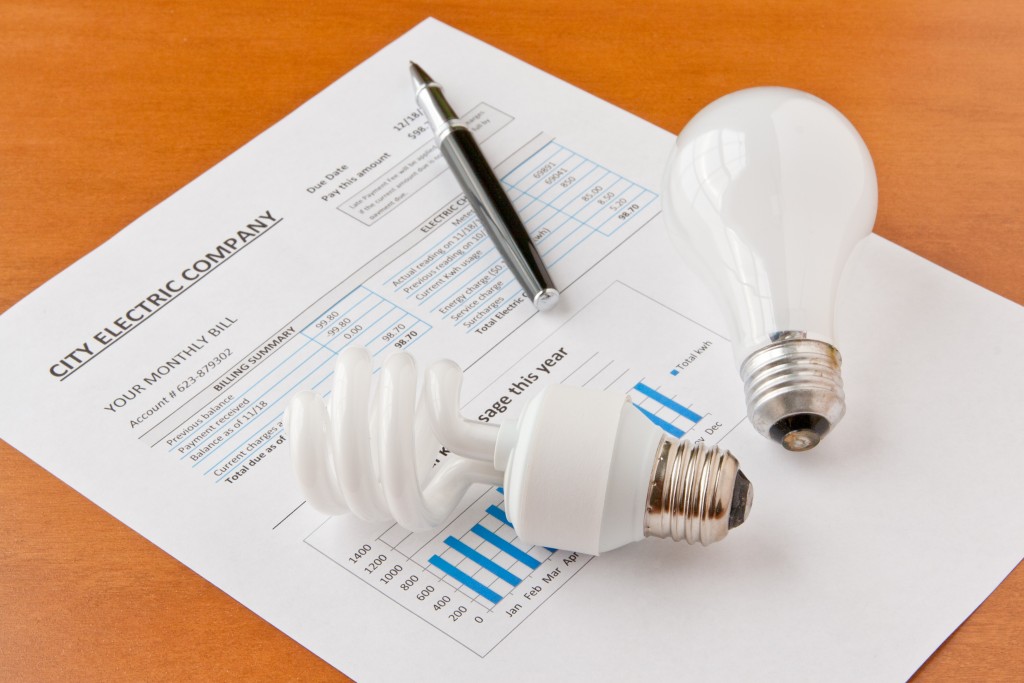Electricity costs are rising and will continue to do so — especially as the U.S. moves to veer away from fossil fuels and switch to cleaner energy sources. Every bit of savings matter, but certain factors can hike up the cost of your electric bills. Here are some of them:
1. Old Wiring
If you’ve been living in your house for over ten years, it might be time to have an electrician check your wiring for problems. Older wires are not as efficient as modern ones, tending to heat up under high electrical load. Appliances that require dedicated circuits like refrigerators, freezers, washers, and dryers can be hampered by old wiring, reducing their efficiency or even exposing them to the risk of damage.
2. Airflow Leaks and Insulation Issues
Most of the energy a house consumes is spent on keeping it cool during the summer or warm during the winter. Extreme temperatures outside can put a strain on your heating and cooling systems, especially if your house has poor insulation. Most of your house’s heat transfer (both hot and cold) occurs through your roof, so an insulated ceiling or attic can significantly reduce heat loss and reduce your energy consumption. Treat your glass windows with a protective layer of UV-filtering film or opt for heavy window curtains to keep out the sun during sunny days.
3. Outdated Appliances
Advances in technology and regulatory standards are making appliances and devices more energy-efficient by the year. Older appliances might be more durable, but they also use up more energy. Inverter technology used in modern air conditioning units, refrigerators, freezers, washers, and microwave ovens can cut your electrical consumption by up to 30 percent. While switching out your appliances might be a bit costly, try to take note of the labels when buying new ones and try to find the energy star marking.
4. Blocked Air Ducts
Urban centers like Los Angeles and New York are exposed to high levels of air pollution. What’s outside can eventually enter your HVAC system and block your air ducts. Humidity can also be a problem in cities like New Orleans, Miami, or Nashville, as moisture comes through the air ducts and possibly growing mold. Blocked air ducts increase your energy consumption, puts greater pressure on your heating and cooling systems, and pose health hazards to your family. Regular duct cleaning can solve most issues, but leave it to the professionals and don’t risk damaging your HVAC system.
5. Leaving Appliances On

The lights you keep on at night or the TV that kept on running on as you slept uses electricity. It may seem inconsequential at the moment, but these small indiscretions accumulate and make their mark on your electric bills. Of course, not everyone can afford smart homes with built-in AI that controls electricity use. However, you can be a bit more mindful of your energy use or opt for appliances with built-in timers.
Hard times require every bit of savings you can get, and your electric bill is one of the easiest places to start. Take measures to reduce your energy consumption and make your house a bit greener.

